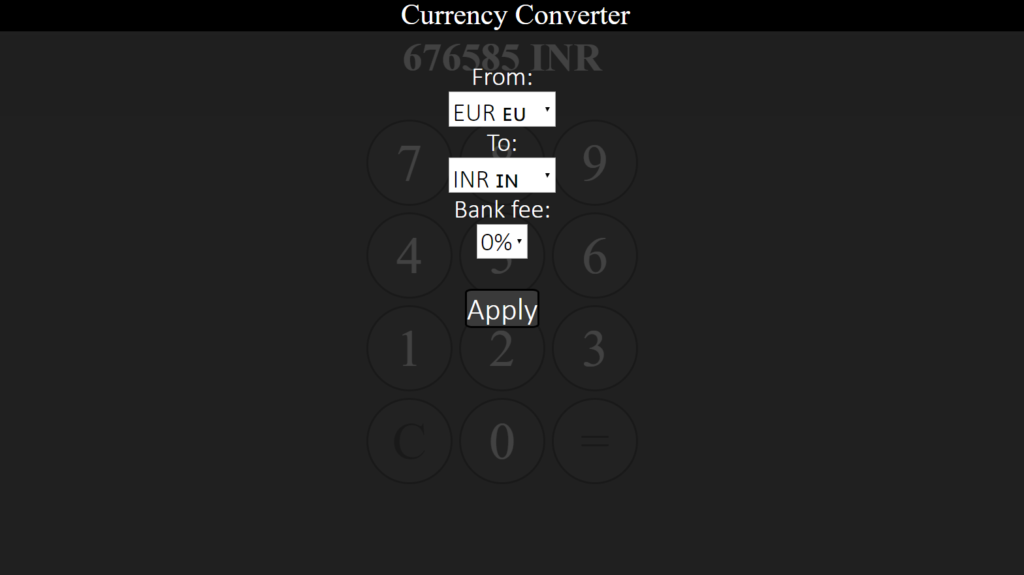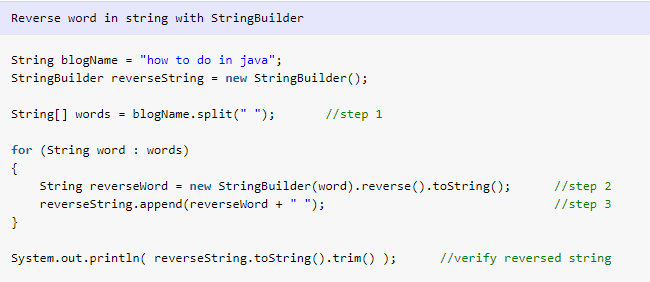

You always need to be careful when using the date(from:) method of the DateFormatter class. The value you assign to the dateFormat property needs to conform to UTS or Unicode Technical Standard. The dateFormat property is of type String. Let's set the dateFormat property of the DateFormatter instance and give it another try. It cannot infer the date format of the string. The DateFormatter is powerful, but it isn't magical. We passed a string to the date formatter's date(from:) method without specifying the date format of the string. The method seems to work fine since we don't see any errors or warnings. To convert the string to a date, we pass it to the date(from:) method of the DateFormatter class. We create a DateFormatter instance to convert the string to a date. I show you a more advanced example later in this post. Let's define the string we plan to convert to a Date object. This means we add an import statement for Foundation at the top of the playground. Fire up Xcode and create a playground.Īs I mentioned in the introduction, the DateFormatter class is defined in the Foundation framework. The class we use to convert a string to a date in Swift is DateFormatter (or NSDateFormatter if you are using Objective-C). While I haven't tested the solution from this link, this article might give you some more insight for this issue.The Foundation framework makes it painless to convert a string to a date, but there are a few pitfalls you need to watch out for.

The reason why this won't work with special characters is due to some special characters using more than one byte, and this solution does not cater for that. Lastly, we output the the value for keyOne, which looks like this: String to JSON: Value oneĬonverting an array of bytes to a string with JavaScript is very easy when we use the fromCharCode function, however, if you string have special characters you might want to look at a different solution.Next, we parse the string using JSON.parse.We print the output of fromCharCode which will look like this: Bytes as a string:.In this example we have a bigger byte array, jsonBytes, but it all works the same. const jsonBytes = Ĭonst jsonBytesToString = omCharCode(.jsonBytes)Ĭonsole.log("Bytes as a string: ", jsonBytesToString)Ĭonst jsonFromString = JSON.parse(jsonBytesToString)Ĭonsole.log('String to JSON: ', jsonFromString)Īs you can see, the above is identical apart from the last two lines. So, while this is almost identical to the first example, I just want to add it here as an example. The last line is obvious, we just console.log, the output will look like this:īytes to string: ABCDEF Converting byte array to JSONĪs I mentioned at the beginning of this article, I had a task that required me to use this, but I had to convert a byte array to JSON.If we didn't want to use the spread operator we could have done, fromCharCode.apply(null, byteArray). We simply pass in byteArray with the spread operator and fromCharCode will handle the rest. Line 2 is where the conversion happens.On line 1, we simply create a new constant called byteArray and assign array with values from 65 to 70.Let's see how we can use this function: // 1Ĭonst byteArray = Ĭonst bytesString = omCharCode(.byteArray)Ĭonsole.log('Bytes to string: ', bytesString) I was busy with a task recently that required me to do this, luckily, JavaScript makes this easy with the built in omCharCode() function. In this tutorial I will show you how you can convert a byte array to a string using JavaScript.


 0 kommentar(er)
0 kommentar(er)
